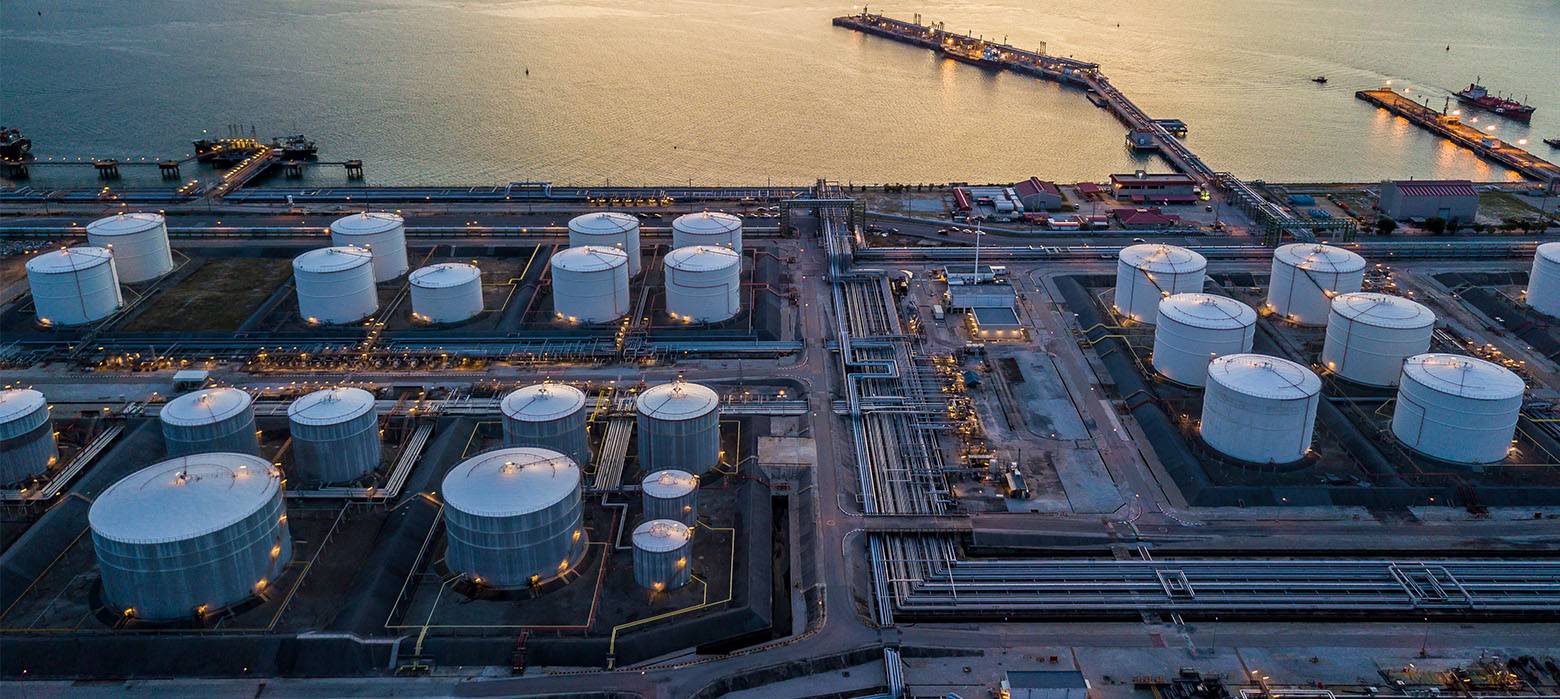
- admin
- March 22, 2024
Agricultural Tanks: Assisting With Crop Irrigation And Livestock Requirements
In the heart of every agricultural operation lies a vital component that often goes unnoticed—the agricultural tank. These tanks play a pivotal role in supporting crop irrigation and meeting the water demands of livestock. From storing water for irrigation to providing essential resources for livestock hydration, agricultural tanks are indispensable assets on farms and ranches across the country.
Agricultural Tanks Meeting Irrigation Needs
Water is vital in agriculture, essential for high crop yields and farming success. These tanks act as water reservoirs, ensuring a reliable supply for irrigation systems. Whether from rainwater harvesting, wells, or municipal sources, these tanks combat water scarcity during dry spells. By capturing abundant water, farmers mitigate risks from unpredictable weather and sustain consistent crop growth year-round.
Supporting Livestock Hydration
Livestock rely on a consistent water supply for health and well-being. These tanks store ample water for their consumption. Whether cattle, poultry, or swine, access to clean water is crucial for hydration, digestion, and productivity. Strategically placing tanks in grazing areas or barns allows farmers to conveniently provide water, enhancing growth and performance.
Versatility and Customization
These tanks stand out due to their versatility and customizable features, available in diverse sizes, shapes, and materials to meet various agricultural requirements. Polyethylene tanks, known for their lightweight and corrosion resistance, are ideal for storing water and chemicals. Steel tanks offer durability, capable of enduring harsh environmental conditions. Different types of durable tanks are available at GSC tanks for more insights visit the link here. Tanks can also be enhanced with accessories like fittings, valves, and monitoring systems for improved functionality and user convenience.
Agricultural Tanks for Environmental Sustainability
Agricultural tanks aid environmental sustainability by conserving water, reducing reliance on traditional irrigation, and promoting responsible water management. They enable innovative techniques like drip irrigation and precision farming, optimizing water use and reducing waste. Farmers, as land stewards, play a vital role in preserving natural resources for future generations, with agricultural tanks serving as valuable tools in this effort.
Conclusion
In agriculture, water conservation is paramount, and agricultural tanks play a vital role in its efficient use. These tanks support crop growth and sustain livestock, empowering farmers to thrive amidst agricultural challenges. Recognizing their crucial role in preserving our agricultural heritage and securing our future is essential as we navigate food production and environmental stewardship.
- Agricultural Tanks
- Agricultural Tanks for Crop Irrigation And Livestock Requirements
Category
- Above Ground Fuel Tanks
- Above Ground Gas Storage Tank
- Above Ground Storage Tanks
- Above Ground Water Storage Tanks
- Agricultural Tanks
- Chemical storage Tanks
- Diesel Fuel Storage Tanks
- Diesel Storage Tanks
- Exernal FloatingRoof Tanks
- Farm Water Tank
- Fiberglass Oil Tanks
- Fiberglass Septic Tanks
- Fiberglass Tanks
- Fiberglass Underground Fuel Storage Tanks
- Field Erected Tanks
- Floating Roof Tank
- Food and Beverage Tanks
- Fuel tank
- Industrial Chemical Storage Tanks
- Industrial Gas Tanks
- Industrial Hot Water Storage Tanks
- industrial hot water tank
- Industrial Plastic Tanks
- Industrial Storage Tanks
- Industrial Tank heating pads
- industrial tanks
- Natural gas
- Natural gas vs Propane
- oil storage tank
- Oil Storage Tanks
- Peracitic Acid
- Petroleum Tanks
- Residential gasoline storage tanks
- Residential Water Storage Tanks
- Sodium Hydroxide Storage Requirements
- Sodium Hypochlorite Storage Tanks
- Steel Storage Tanks
- storage tank failure prevention
- Storage Tanks
- Sulfuric Acid Tanks
- Uncategorized
- UnderGround Storage Tanks
- Waste water tank
- Water Storage Tanks

 Tank Size Calculator
Tank Size Calculator






